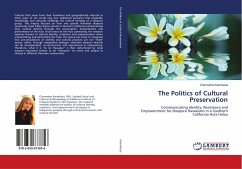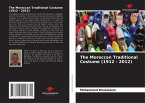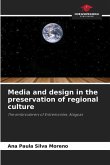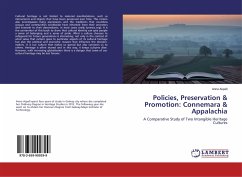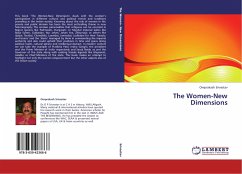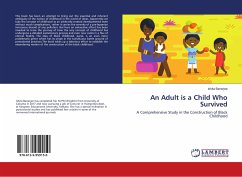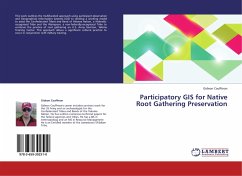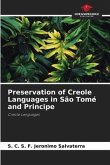Cultures that move from their homeland and geographically relocate to other parts of the world may face additional pressures that physically, emotionally, and culturally challenge the cultural heritage of a diaspora group. This inquiry focused on how one specific Hawaiian diaspora community (hula halau dance school) in Southern California communicates their cultural identity through the preservation, interpretation and performance of the hula. From voices of this hula community, the research explores themes of cultural identity, resistance and empowerment when interpretating and performing the hula. The group has come to recognize that pre-articulations of identity and cultural practices are not "fixed" spaces; rather, through imaginative dialogue, Hawaiian diaspora identity can be (re)negotiated, co-constructed, and experienced as empowering. Therefore, what it is "to be Hawaiian" is then determined by what diaspora Hawaiians believe to be "Hawaiian" for them and subject to change in different Hawaiian communities.
Bitte wählen Sie Ihr Anliegen aus.
Rechnungen
Retourenschein anfordern
Bestellstatus
Storno

